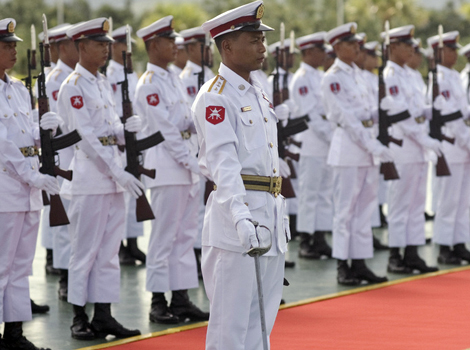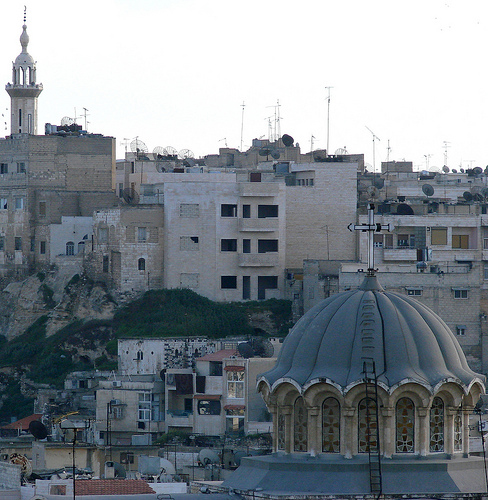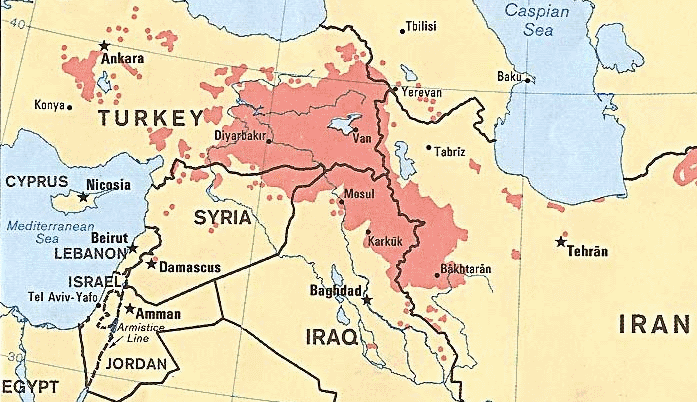
Northern Myanmar is strategically important to Beijing as a supply corridor and as a buffer between China’s ethnically diverse southwestern provinces and southern Myanmar. The heightened tension in northern Myanmar in the past several years presented Beijing with challenges regarding border security and maintaining a balance between Naypyidaw and various ethnic forces with strong connections to Beijing.
While Beijing remains the most important mediator in the ethnic conflicts, its broader strategic interests in the country played a part in Beijing’s reluctance to openly engage with ethnic forces involved in the fighting. With Naypyidaw gradually gaining support from the West, Beijing has to contend with Western threats to its energy and transport interests and with ethnic issues threatening stability along its border.



